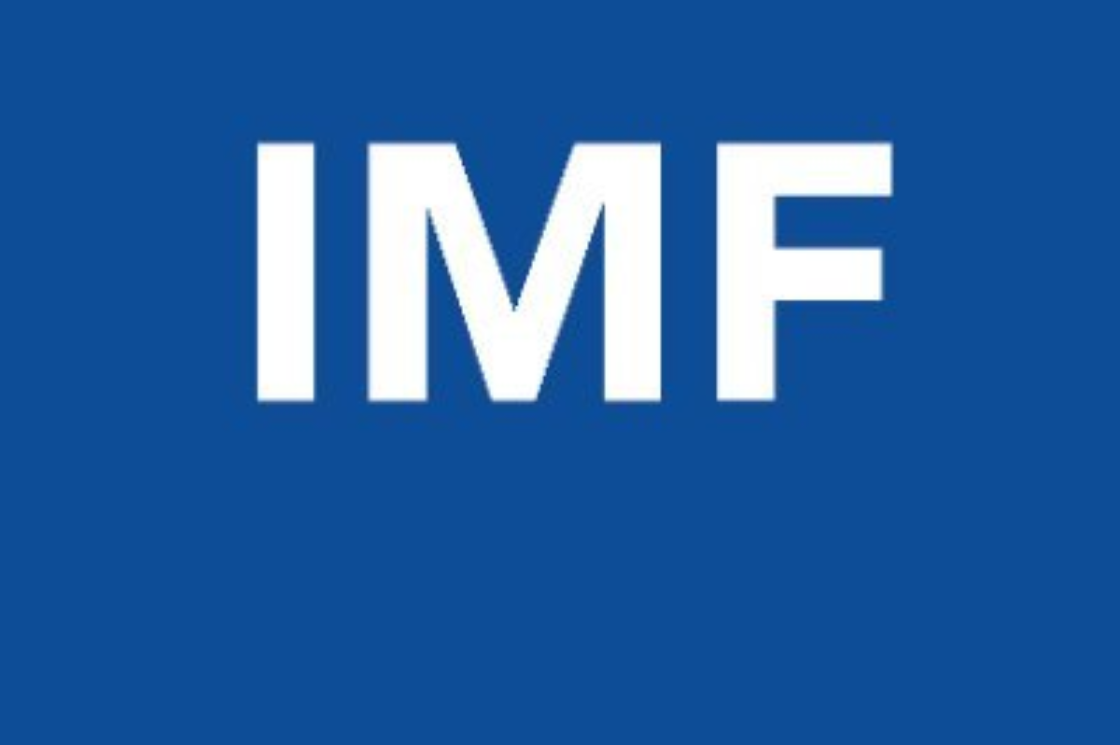
(Photo : IMFNews-X)
The International Monetary Fund's internal watchdog has criticized the lender's process for granting unusually large loans to troubled borrowers such as Argentina and Egypt, said reports.
The Independent Evaluation Office of the IMF conducted a review of around two decades of lending under the Exceptional Access Policy and has drafted a series of recommendations, according to sources who spoke on condition of anonymity due to the report's confidential status. The fund's executive board is set to deliberate on the findings this Thursday.
The report further criticised IMF's lack of transparency in lending policy for being modified country-by-country basis.
The audit found that the loans failed to stimulate private financing for borrowers, which is a key objective for nations facing financial difficulties when turning to the IMF for support. The IMF declined to provide a comment, while an IEO official stated that the report is expected to be released next week.
Established in 2002 to address nations with significant borrowing requirements, the policy permits countries to obtain IMF funding far exceeding their "quota," which determines their voting power and borrowing capacity. Under the current framework, countries can access over 200% of their quota annually, with a cumulative borrowing cap set at 600%.
The report examines nearly 40 exceptional access programs, including Argentina's $44 billion bailout in 2018, as well as Egypt's $5.2 billion loan and Ecuador's $6.5 billion program in 2020, according to sources. It also covers Greece's 2010 bailout following the global financial crisis.
Historical Effectiveness of IMF Loans
The historical effectiveness of IMF loans has often been a controversial issue, with mixed outcomes. While the IMF has played a pivotal role in averting financial crises and stabilizing economies such as during the Asian financial crisis of the late 1990s.
IMF interventions often face criticism for failing to achieve long-term economic growth. Argentina, for instance, has repeatedly required bailouts, reflecting persistent structural issues despite significant IMF support.
Additionally, critics argue that the IMF's loan conditions, such as austerity measures, can exacerbate economic hardship, undermining social welfare and public trust. These recurring challenges highlight the need for reform in IMF lending practices.
Expert Opinions
Critics like Joseph Stiglitz argue that IMF loan conditions, particularly austerity measures, can deepen economic hardships by curtailing public spending on critical sectors like health and education.
Others, such as economist Carmen Reinhart, highlight the IMF's critical role in providing liquidity during crises, which can prevent deeper financial contagion. Development analysts emphasize the need for tailored, context-sensitive solutions, as one-size-fits-all approaches often fail to address underlying structural issues.
IMF or No IMF? The Debate on Its Role in Today's Economy
The question "IMF or no IMF?" reflects a growing debate on whether the organisation is still relevant today's shifting global economy.
On one hand, critics believe that the IMF's policies often prioritize the interests of wealthier nations, leaving developing countries with burdensome conditions while on the other hand supporters argue that the IMF remains crucial for maintaining financial stability, offering support to countries facing crises, and ensuring global economic cooperation.
As global economic dynamics evolve, this question challenges policymakers to reconsider IMF's role.









